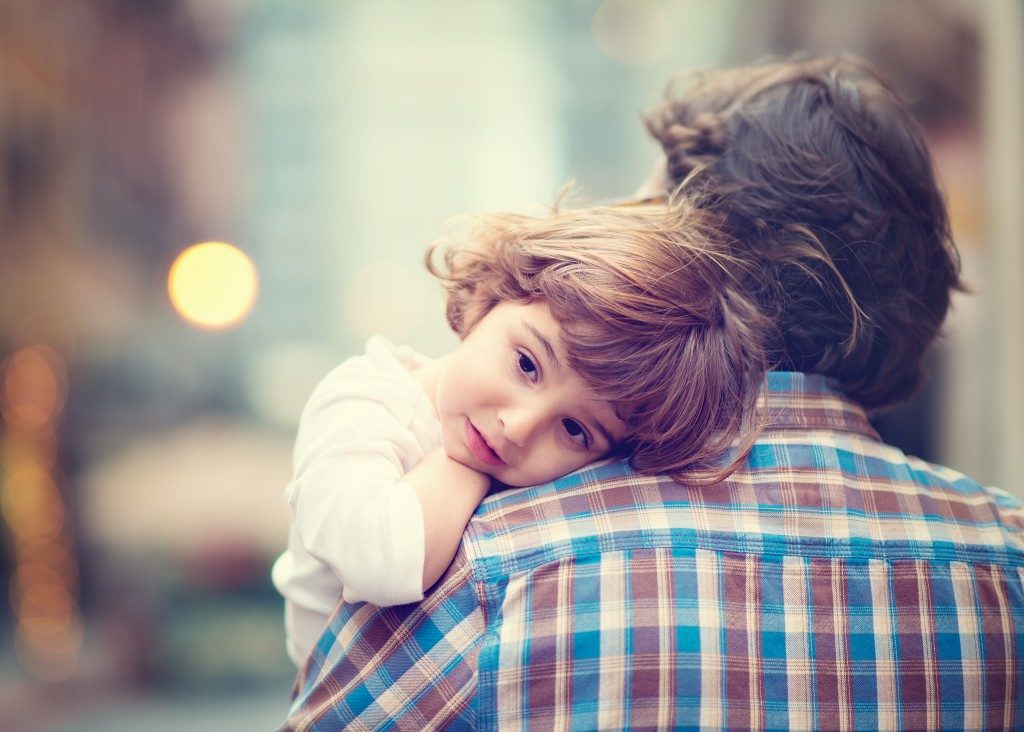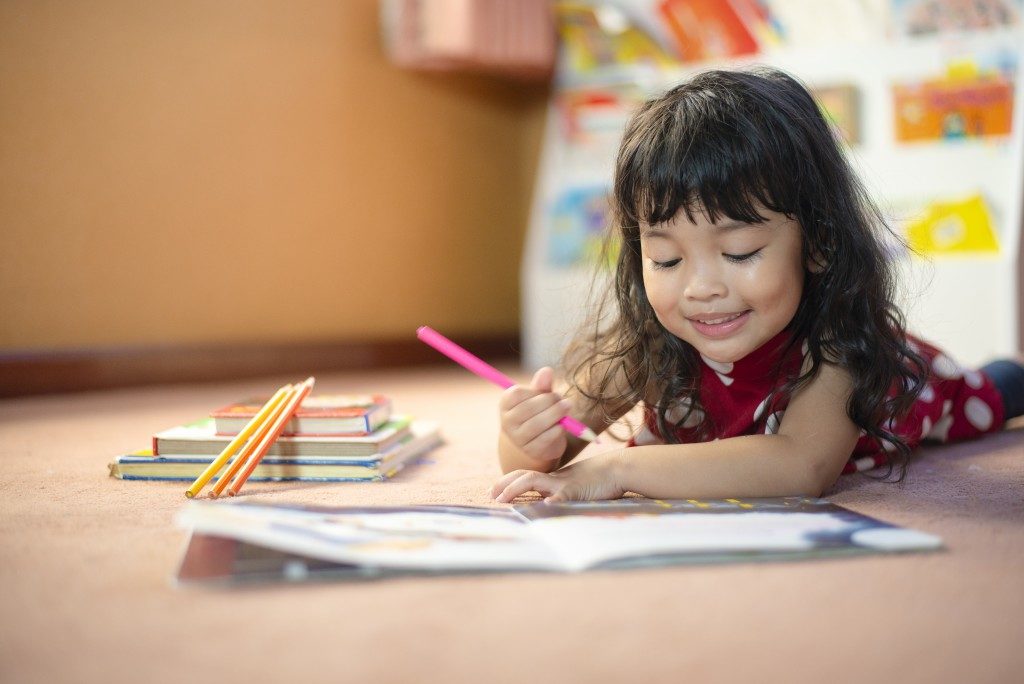As soon as you see your toddler begin to walk on their own or communicate in words and phrases, you might consider enrolling them in a preschool. Child development is important to nurture at an early age, but one of the critical things that you should consider is whether your child is ready for preschool. Determining if your child is ready to start preschool can be an anxiety-inducing process. As much as possible, you want to make sure that your child feels safe and comfortable in a new environment.
While most preschools accept children between two and four years old, educators also look into a child’s preschool readiness – whether the child’s is ready to make a transition into a preschool environment, including its routines and expectations. Thing is, certain building blocks or skills are necessary to develop preschool readiness, including language, sensory, social, and self-care skills. Establishment of these building blocks will help your child adjust easier, allowing them to make a smooth and successful transition into the preschool environment. You can identify whether your child is ready for preschool by considering these following factors.
Separation Anxiety
 If your child is used to having you around every time they need you, then it might be difficult for them to be apart from you when the time comes that he starts going to school. They might feel distressed, anxious, or scared when they see you leave, causing them to throw a tantrum. Before your child starts preschool, try creating opportunities that will allow your child to be away from you. You can schedule a weekend with their grandparents or you can ask a babysitter or a relative to care for your child. Do this gradually, until your child starts to feel comfortable spending time away from you. However, if you can’t workout separations anxiety upfront and if your child cries during their first few days at school, don’t worry. Many preschools would allow parents to spend a few minutes in the classroom to help children calm down.
If your child is used to having you around every time they need you, then it might be difficult for them to be apart from you when the time comes that he starts going to school. They might feel distressed, anxious, or scared when they see you leave, causing them to throw a tantrum. Before your child starts preschool, try creating opportunities that will allow your child to be away from you. You can schedule a weekend with their grandparents or you can ask a babysitter or a relative to care for your child. Do this gradually, until your child starts to feel comfortable spending time away from you. However, if you can’t workout separations anxiety upfront and if your child cries during their first few days at school, don’t worry. Many preschools would allow parents to spend a few minutes in the classroom to help children calm down.
Self-Care Skills
While some schools are more lenient, there are preschools that will require children to exhibit independent behavior. This may include potty training, being able tie shoelaces, eating with utensils, or opening their own bags. Though children are not expected to fully master these skills at their age, being able to do these tasks will make the adjustment period less stressful.
Comfort with Routine
Preschools usually follow a predictable schedule. When the same things happen every day, children feel more comfortable and in control. It will help if you and your child establish a routine at home. Schedule time for reading, play, bath time, meal time and bedtime and stick to it.
Social Interaction
One of the activities preschool usually have is “circle time”, allowing students to learn and play together, sit still, and listen to stories. This can be difficult for children who are still more focused on exploring their surroundings or those who have short attention span. You can help prepare your child for such interactions by scheduling play dates or signing them up in a summer class so they can experience how its like playing with other children.
Before sending your child to preschool, it is important to look into these factors. Pushing your child to adjust in a new environment when he is not physically, emotionally, or socially ready might just make it a traumatizing experience for them, and in the end could only hinder their learning and development.

